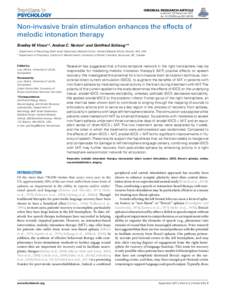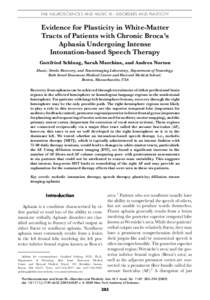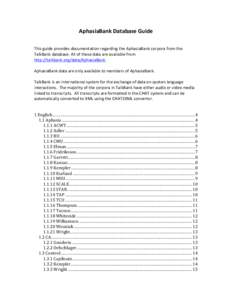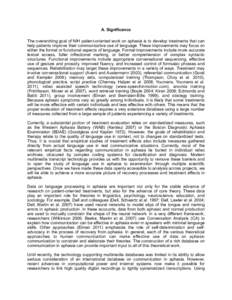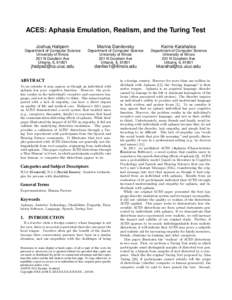<--- Back to Details
| First Page | Document Content | |
|---|---|---|
 Date: 2011-08-24 17:54:21Neurotechnology Transcranial direct-current stimulation Transcranial magnetic stimulation Nominal aphasia Electrical brain stimulation Stroke recovery Aphasia Transcutaneous electrical nerve stimulation Electroanalgesia Medicine Electrotherapy Neurophysiology |
Add to Reading List |
 Short-Term Anomia Training and Electrical Brain Stimulation Agnes Flöel, Marcus Meinzer, Robert Kirstein, Sarah Nijhof, Michael Deppe, Stefan Knecht and Caterina Breitenstein
Short-Term Anomia Training and Electrical Brain Stimulation Agnes Flöel, Marcus Meinzer, Robert Kirstein, Sarah Nijhof, Michael Deppe, Stefan Knecht and Caterina Breitenstein